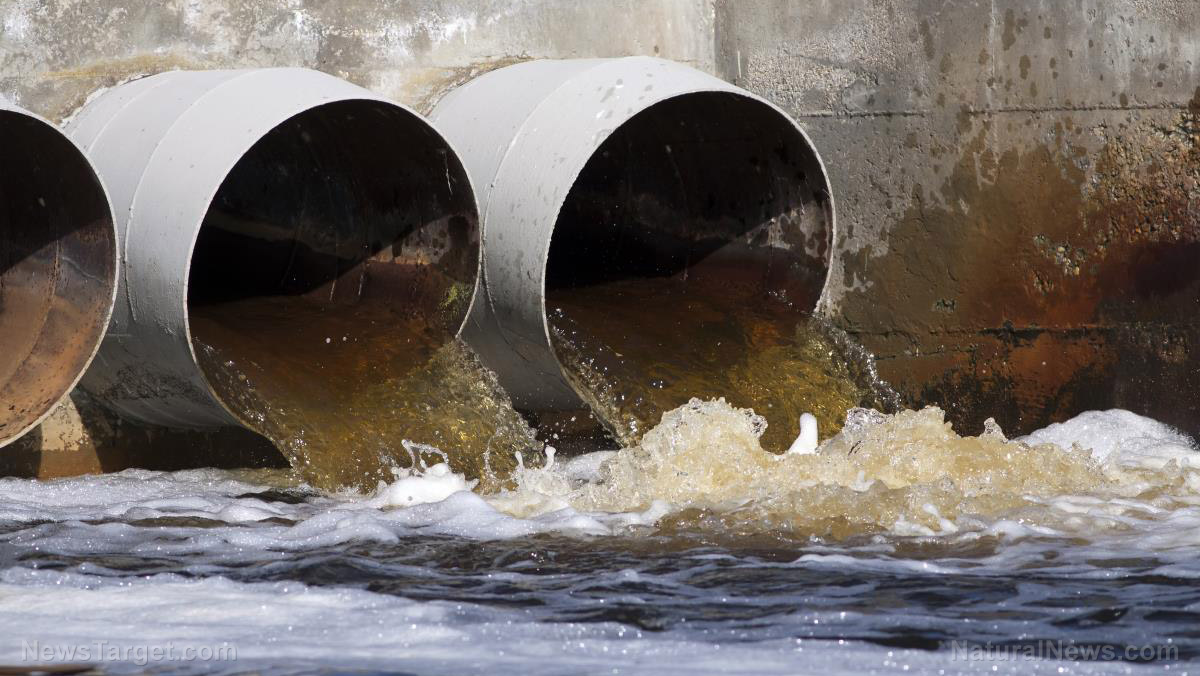
Do you want a secure supply of water while staying off-grid and living green? Drop by the University of Alicante (UA) in Spain and pick up their new solar-powered water desalination plant. According to a Science Daily report, the stand-alone system uses a proven method of electrodialysis to remove salt from water, turning the saltiest of liquids into potable water.
A UA research group of applied electrochemists devised this nifty water purifier. It's described as sustainable and ecology-friendly technology.
The new machine derives all of its power from solar photovoltaic cells. It does not have batteries, nor does it need them. Users avoid the hassle of managing empty batteries as well as the associated costs born by the economy and the environment, said Science Daily. (Related: Why buy a water filter? Is your tap water toxic?)
"Furthermore, it can be adapted and applied for treating water of many different origins," remarked research group director Vicente Montiel.
According to Director Montiel, the UA-designed desalination system can remove salts from seawater, brackish water and even tainted water that comes from treatment plants or industrial processes. This impressive capability makes it perfect for remote, off-grid areas with uncertain access to clean water.
Potential uses for the water desalination plant include providing potable water for human use, irrigating and street-cleaning.
Since the plant is solar-powered, it can be used in the absence of an energy grid. It will function during and after natural disasters like earthquakes, fires and floods.
"The technology we designed can be a potential solution to drought, just like osmosis plants," Director Montiel explained.
The pilot and demonstration plant can produce a cubic meter of drinking water on a daily basis.
A happy marriage of proven technologies
The research team is looking for companies interested in the commercial exploitation of the technology through licence and/or technical cooperation agreements.
"This is not a new technique," Director Montiel explained to potential sponsors who worry about unproven technology. "The Canaries electrodialysis has been employed for many years for desalination purposes."
The groundbreaking change introduced by the UA is the use of a photovoltaic solar field to supply all electrical needs; although even that is proven tech.
He also mentioned that the Canaries electrodialysis method used by their device can only treat water with a salt content exceeding that tolerated for human consumption or irrigation. Other types of impurities are beyond its capability.
"If the water has other problems, for instance the presence of organic matter, this technology cannot be applied," Director Montiel warned. In that case, it would be better to use the traditional reverse-osmosis desalination process.
Reducing reject water
No process is perfect. Desalination is no exception to the rule. Removing salt from saline water normally generates a useless byproduct called "reject water."
Reject water ends up with a much higher concentration of salt than before the desalination process. This hyper-saline water is unfit for human consumption or irrigation purposes.
This is less of a problem for the UA-designed desalination system, which uses the Canaries method instead of reverse-osmosis. The new machine can control the salinity of reject water until it matches seawater salinity, allowing the recovery of 80 percent to 90 percent of all treated water.
The ability to reduce the salinity of reject water contributes to the efficiency of the new desalination plant. According to Director Montiel, the water purifier can get the most out of the electrical power provided by the solar panels because it allows the accumulation of treated water during times when renewable electric sources cannot deliver enough energy to meet demands.
Visit CleanWater.news for more articles on new water-purification techniques and technologies.
Sources include:
Please contact us for more information.




















